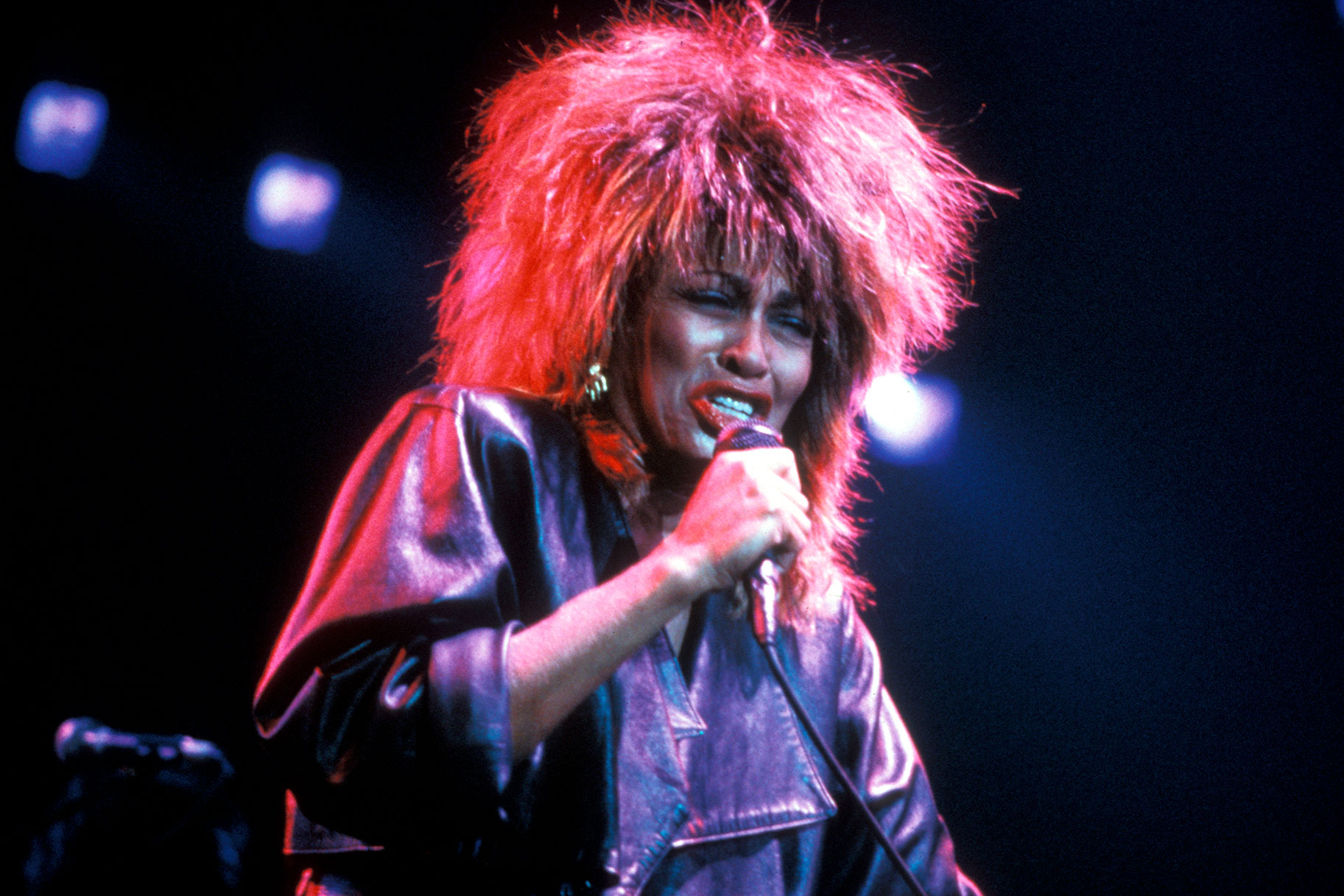Create a free profile to get unlimited access to exclusive videos, breaking news, sweepstakes, and more!
Tina Turner Refused To Allow The Specter Of The Domestic Abuse She Suffered Overshadow Her Life And Talent
"Tina," a new documentary on HBO Max, details how the music icon's toxic and abusive relationship with her former husband Ike overshadowed her successes for decades, and how she overcame it all.

Beloved music icon Tina Turner is the author of an impressive career but as a new documentary on her life points out, her identity as a domestic abuse survivor has often overshadowed her talent.
Turner’s career as a musician began in the late 1950s when she was a teenager. While she had no musical training, she was born with a knack for singing and dance. After impressing rock and roll pioneer Ike Turner with her skills one evening in St. Louis, she began touring with his band. While he at first treated her like a little sister, the two soon began dating and later married. But the relationship was toxic and abusive. He began by hitting her with a shoe stretcher and the abuse soon escalated into regular physical and sexual violence — "torture" as Tina recalled in a 1981 interview with People Magazine, a recording of which was featured in the HBO documentary "Tina," currently available for streaming on HBO Max.
The film delves into on the years of abuse and how it traumatized the star. She mustered up the courage to leave Ike in 1978, yet his shadow followed her. The documentary shows how questions about their relationship continued to dominate the public perception of her following their split. Eventually, she decided to break her silence about the abuse she endured in that 1981 People interview. She thought that by putting the story out there, she could move on and not have to speak about it again.
“I had an abusive life,” Tina reflects in the documentary. “There’s no other way to tell the story.”
Instead, and much to Tina’s horror, the abuse story became central to her public identity. Still, she marched forward, committed to forging a career and identity all her own. By 1984, her fifth album “Private Dancer” — featuring teh enduring hit "What's Love Got To Do With It" — exploded onto the Billboard charts, eventually selling more than 10 million copies worldwide. While the public viewed it as her comeback following her breakup with Ike and their band, she viewed it as her arrival.
Still, she could not shed his abusive shadow. She explains in the documentary that she was essentially triggered anytime she was asked about Ike in interviews.
“Out of all the [solo] success I was having, why are they talking about Ike and Tina?" she reflected in the documentary.
For example, when she was interviewed in 1985, following her role in the film “Mad Max Beyond Thunderdome,” she was randomly asked what she thought about Ike's recent arrest for drug possession, her discomfort in the moment obvious.
So, again, she thought that by telling all, she could squash future questions and just move on. She did this by writing the 1986 autobiography "I, Tina," co-written by MTV news correspondent and music critic Kurt Loder. It goes into more detail about the abuse than the People story. The book didn’t quench the public’s thirst on the subject. Rather, it spawned further questions, which continued to come up with the release of 1993 biopic, "What's Love Got To Do With It," based on the book.
As shown in the HBO documentary, when Tina was asked at a film premier if she'd seen the film, she said she hadn't, explaining wasn't eager to revisit the trauma.
"It was made a story - the story was actually written so I'd no longer have to discuss the issue,” she said. “I don't love that it's always talked about.”
But the abuse indeed continued to be talked about. The documentary showed a clip of an early 2000s interview in which Tina becomes visibly distraught after being asked a question about Ike.
“We are going to talk about him, aren't we?” she said. “I need my fan now, I just had a flush.”
She asks for a few seconds so she can figure out how to pull herself together and address the subject.
In addition to Ike being the center of interview questions, their abusive past continued to be mocked and used as a segue into inappropriate jokes. For example, when Ike died in 2007, the New York Post ran a headline which read, "Ike 'Beats' Tina To Death," Buzzfeed noted.
The documentary also reveals that for the longest time, up until she was nearly 50, the star felt like she was never truly loved by anyone. In addition to the abuse she suffered from Ike, her parents had abandoned her as a child and she struggled a partner who could see her inner beauty. She did find love with Erwin Bach in the mid-1980s, and the couple remain happily married.
While “Tina” does focus much of its time on her and Ike’s relationship, and how the media dwelled on it, it does end on this uplifting note of self-realization, true love and a career that should never have been overshadowed by anything more than Tina’s natural talent.

























